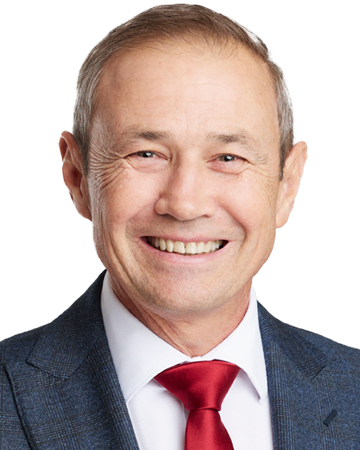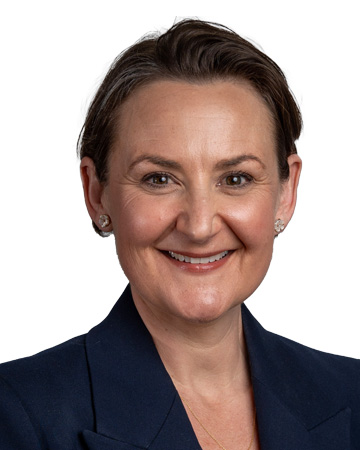
Western Australian children first to access protection from RSV
- In an Australian first, Western Australian children to access RSV immunisation
- $11 million program to be introduced before winter RSV season this year
- Antibody to protect youngest, most vulnerable Western Australians
- RSVimmunisation rollout expected to prevent about 700 infant hospitalisations
In an Australian first, Western Australian babies will be offered immunisation against respiratory syncytial virus (RSV) - the leading cause of infant hospitalisation in the country.
Infants under eight months will be able to access nirsevimab - an antibody approved by the Therapeutic Goods Administration which provides immediate protection against RSV.
RSV is a highly infectious respiratory virus that infects more than 65 per cent of all infants in their first year of life and, every year, hospitalises around 1,000 babies in WA.
While RSV impacts the whole community, young babies have tiny airways and are more likely to have a serious outcome following an RSV infection - including potential hospitalisation and an increased risk of developing childhood asthma.
One dose of nirsevimab, given via injection, protects
infants for at least five months, covering them for the duration of an average
RSV season, which is
typically May through to September.
From April, infants under eight months will be eligible for RSV immunisation at GP practices, Community Health Clinics and Aboriginal Medical Services that provide childhood immunisations. In addition, those aged between 8 to 19 months who are at increased risk of severe RSV will also be eligible.
RSV immunisations will be available at birthing hospitals across the State - providing protection to newborns before they leave hospital.
The RSV antibody was introduced in multiple countries in the northern hemisphere last year. Uptake among eligible infants was very high, often exceeding 80 per cent coverage.
In these jurisdictions, and in clinical
trials, immunisation with nirsevimab has proven to be approximately 80 per cent effective at preventing RSV-associated
infant hospitalisations.
The State's ground-breaking $11 million RSVimmunisation rollout is expected to prevent about 700 RSV-related infant hospitalisations, around 3,000 emergency department presentations and 4,000 GP consultations this year.
Comments attributed to Premier Roger Cook:
"My Government is working to protect our youngest, most vulnerable Western Australians from RSV - the number one illness that could put your baby in hospital this winter.
"The northern hemisphere rollout was 80 per cent effective in preventing infant hospitalisations, so we are proud to offer this groundbreaking program in Western Australia.
"One
dose of nirsevimab will protect infants immediately and prevent hundreds of
babies from being hospitalised with RSV this winter."
Comments attributed to Health Minister Amber-Jade Sanderson:
"Our RSV immunisation program will offer WA families this free immunisation before they leave hospital with their newborn baby.
"Young babies are more likely to have a serious outcome following an RSV infection and an increased risk of developing childhood asthma.
"We have seen how effective nirsevimab has been in the northern hemisphere and we are excited to be providing WA families with an opportunity to protect their young infants from serious illness and hospitalisation."



